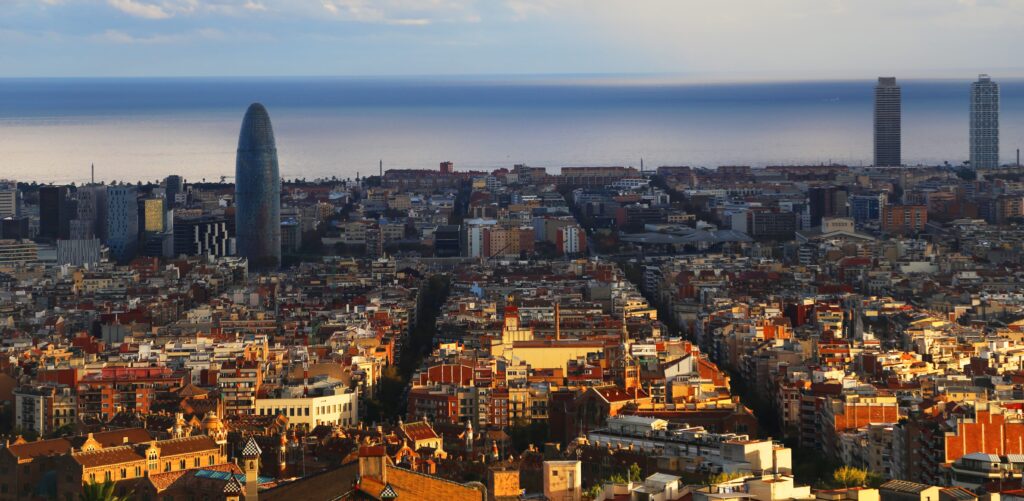What Barcelona needs
To understand what Barcelona needs, it is essential to understand why some cities grow and prosper while others stagnate, degrade and decline. It is about its economic base and its more or less exporting nature. Success and quality of life depend on them. Export means, in this case, that the goods and services it produces are purchased by people who do not live in the city, either because they go there to consume them, or because the services are directed to markets outside the city. London or Paris are great cities for this reason. Many people go there to buy, and they also export in a big way; for example, financial services. The productivity of what is exported is decisive; it is not the same to generate resources through low-income tourism as with technological companies or high added value services.

People from the metropolitan area and Catalonia who travel from other places to work in the city, who go to a professional office, to do management, to a medical visit, to dinner or to the theater are agents that generate exports.
tourism constitutes a large export base of Barcelona. Its weakness lies in low productivity, which translates into modest wages. Their escape route is quantity, overcrowding, which in turn degrade living conditions, generating costs that are not accounted for and that we all pay. They are diseconomies and opportunity costs that divert public resources that could be dedicated to other necessary purposes. In the case of Barcelona, the magnitude of crime and the degradation of certain neighborhoods express some of these costs.
Tourism is necessary and has provided great services. One of them, extraordinary and forgotten, was the rescue of the degradation in which the Ribera district fell, when the central fruit and vegetable market was moved from Born to Mercabarna without a replacement being sought. It was my first study on the consequences of the transformation of the urban economic base and what happens when the export base is lost.
There are cities that have little export capacity, which does not depend on their size. Santa Coloma de Gramenet (119,300 inhabitants) and Sant Adrià de Besòs (37,283) are two examples. Under these conditions, it is very difficult for the city to generate prosperity. L'Hospitalet is improving to the extent that it is incorporating export activity. At the other extreme, Lloret de Mar and Salou and their low level of income exemplify the problem of excess tourism as an export resource.
What needs to be understood, and this is the great mistake and danger of the Barcelona municipal government, its ignorance and frivolity, is that the export base and mobility they constitute a system in the strictest sense of the term: all the parts are related, and if one is modified, the rest are altered. One cannot think of the Eixample supervilla and the closure of a third of the streets to traffic without observing the simultaneous destruction of the city's export economic base, the one most linked to mobility.
The municipal plenary agreed on one temporary suspension of the superilla. It's not enough either way. First, because the dangerous works on the axis of Consell de Cent, Borrell and Girona continue, which together with the maintenance of tactical urban planning and what they are doing with the Via Laietana are already causing serious damage. A clearer and firmer commitment is needed from the political parties, and primarily from the PSC and ERC, Colau's usual accomplices.
This is your commitment to:
- Reversal of tactical urbanism as it has been applied.
- Recovery of Consell de Cent and return to the street state of the Eixample, improving its sidewalks, pavement, trees and street furniture.
- Leave without effect the entire project of the Eixample superilla and the extension of the tram along Diagonal.
- If necessary, subject the two initiatives to a public consultation in the next mandate, with prior information on the consequences they have.
- Definition of an alternative within the framework of the Cerdà plan to improve the Eixample and all of Barcelona: health, air quality, mobility, security, cleanliness, improvement of economic activity and quality of life.
In all this we play the city and the living conditions of those who live and work there.
Josep Miró and Ardèvol
Font: https://conversesacatalunya.cat/el-que-barcelona-necessita-crisi/
